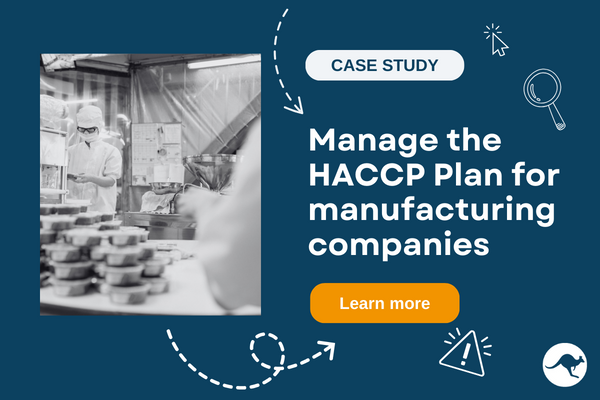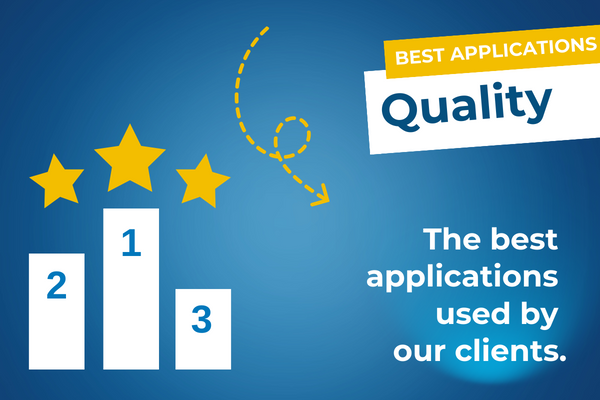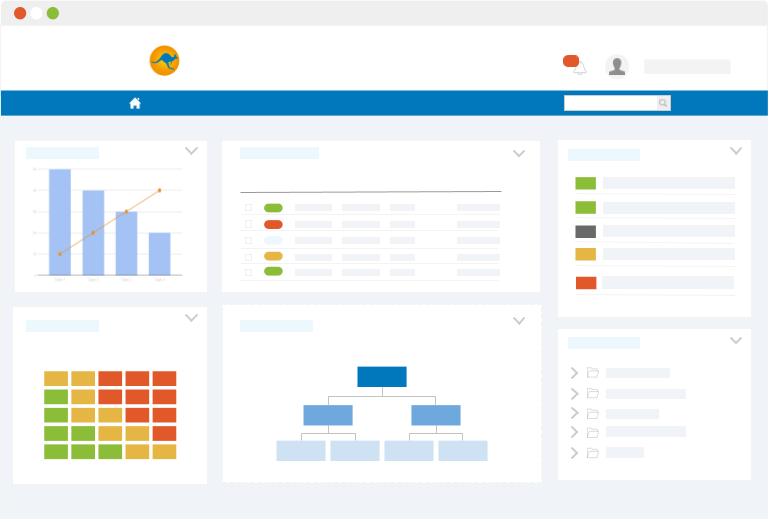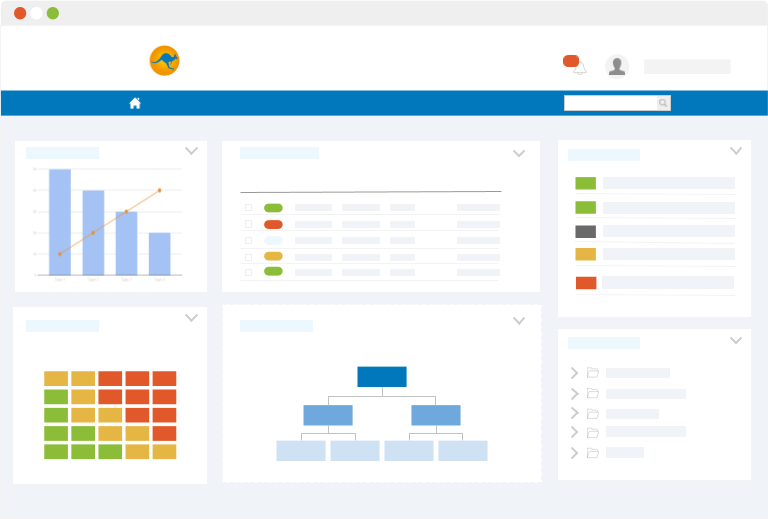
Carbon Footprint & Transition Plan
This is the first structuring stage in the CSR process, and includes the identification and inventorying of issues through various diagnostics,
then sampling and consultation of all Stakeholders, as well as Governance, to arrive at the simple materiality matrix.
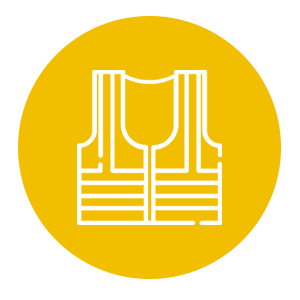
Risk prevention plan
Co-activity is the source of numerous risks, and in some cases, workplace accidents. The Prevention Plan plays a crucial role in prevention and the necessary measures to be taken. Secure your sites and construction sites with BlueKanGo and its dedicated module.

Workplace accident management (AM)
The costs of Workplace Accidents (AM) are colossal. Rely on BlueKanGo’s AT/MP module to reduce the bill and even achieve unexpected savings

Nonconformity management
Managing nonconformities is crucial to reducing non-quality costs. With BlueKanGo, your nonconformities (both internal and from suppliers) are automatically reported, therefore increasing the efficiency of analysis and processing.

Risk Assessment Document
Risk prevention is not improvised! It relies on a regulatory framework and a recognized approach. An impeccable prevention policy involves the use of dedicated tools. With BlueKanGo, meet your obligations and track all your prevention actions.


Audit & Inspection management
Internal and external audits, frequent and essential, require great rigor. However, they can be tedious. Reduce the time spent on your audits by 50% with BlueKanGo and its solution tailored to the field.
THE MOST SOUGHT-AFTER HEALTHCARE SECTOR

Carbon Footprint & Transition Plan
This is the first structuring stage in the CSR process, and includes the identification and inventorying of issues through various diagnostics,
then sampling and consultation of all Stakeholders, as well as Governance, to arrive at the simple materiality matrix.

Workplace accident management (AM)
The costs of Workplace Accidents (AM) are colossal. Rely on BlueKanGo’s AT/MP module to reduce the bill and even achieve unexpected savings

Risk Mapping
Risk mapping is a central element of your QHSE management. BlueKanGo helps you identify, assess, and prioritize risks associated with your processes using a rating scale. Analyze risks using cause analysis methods and be alerted in critical situations.
